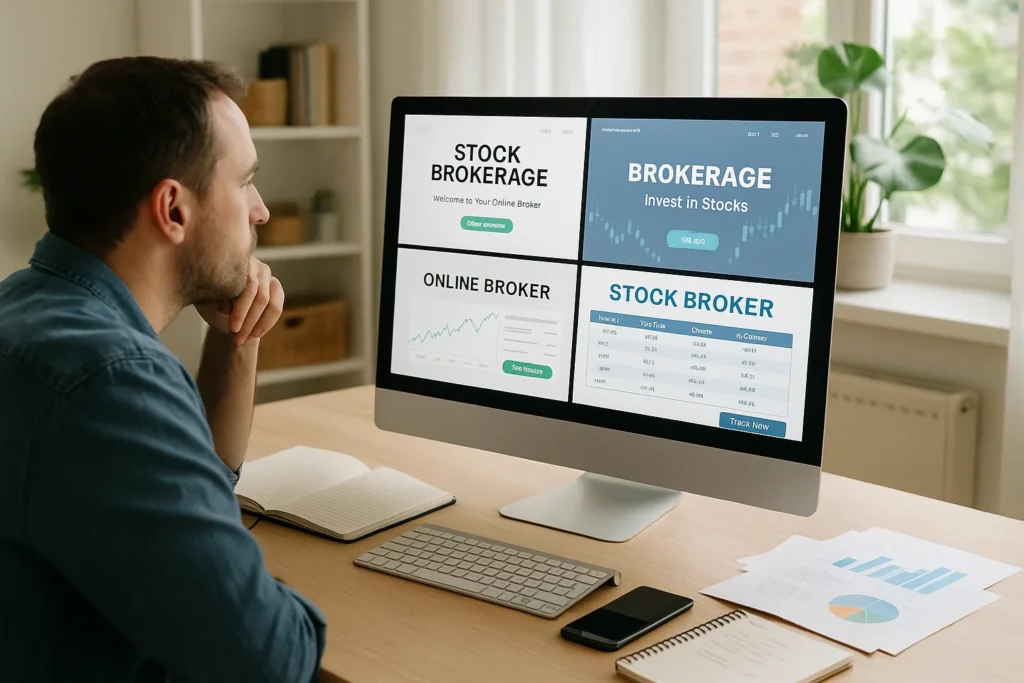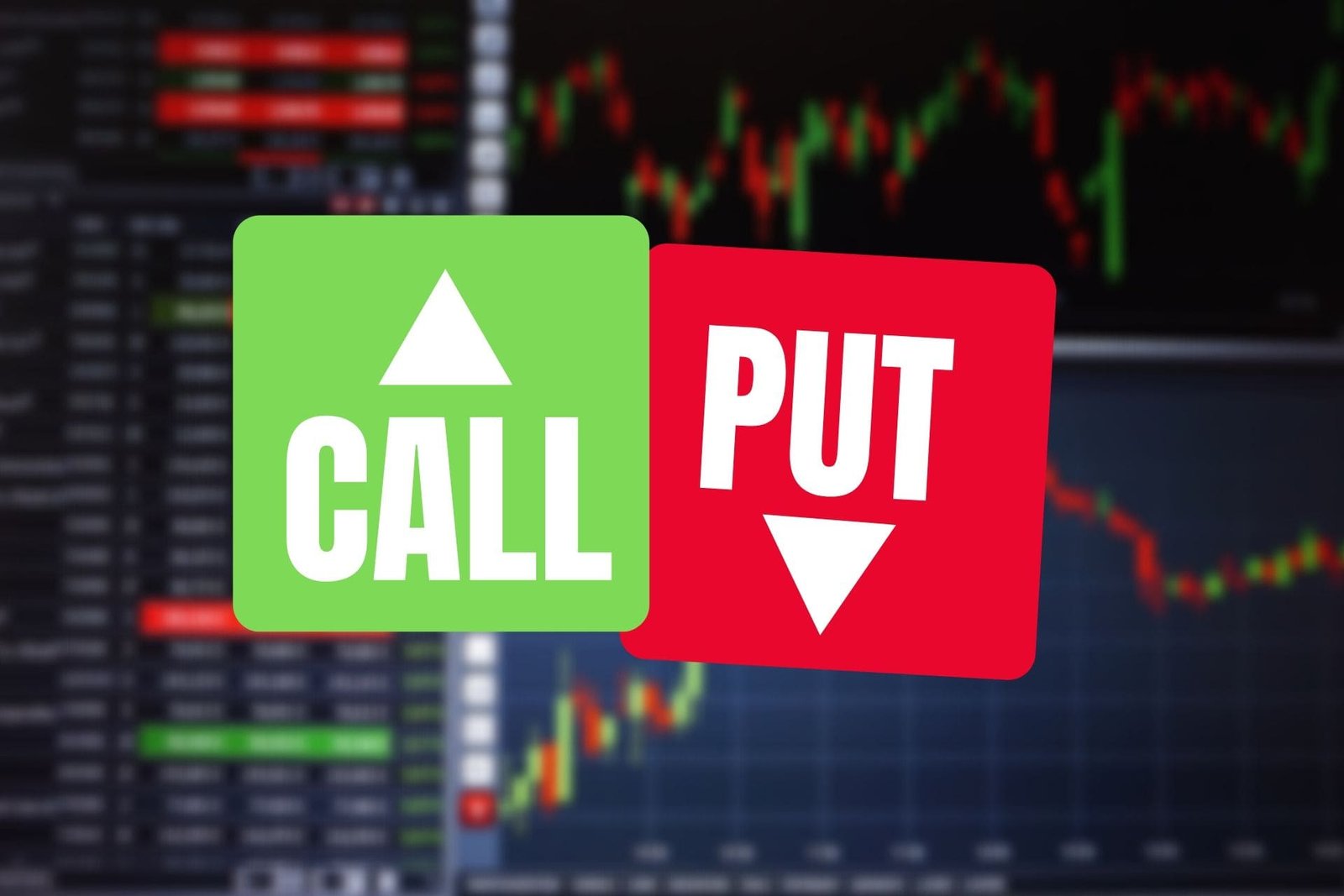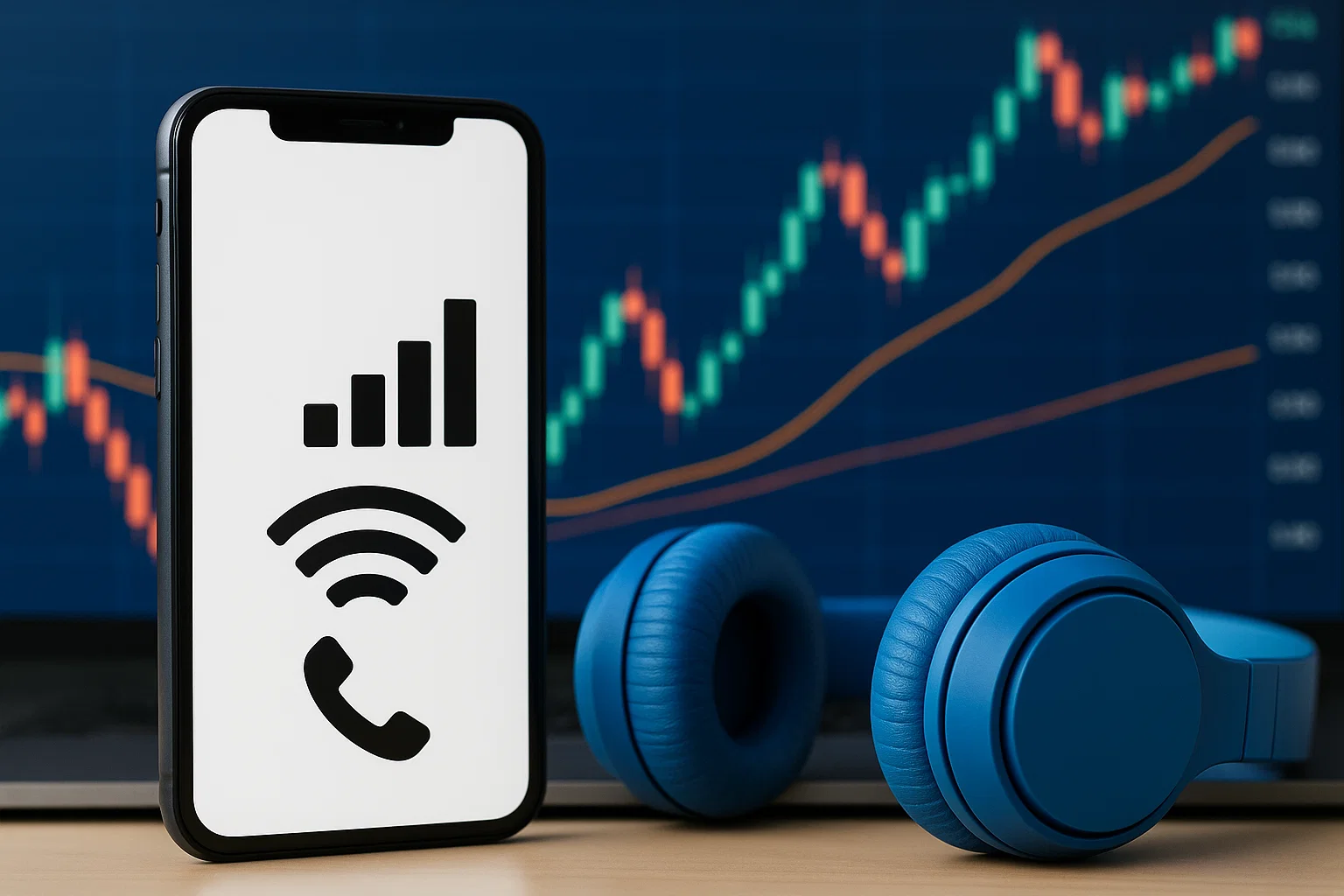How to Choose the Right Stock Brokerage
- by:
- Nick H
Key Points
Transparent fee structures matter more than advertised low commissions
Platform usability impacts both beginners and advanced traders
Product and market access shape your investing opportunities
For adsense add
Advertisement

affiliate add
For adsense add
Mail Sign Up
Get The Latest News & Stock Picks
Stay ahead of the market with expert news, actionable tips, and exclusive stock picks delivered straight to your inbox. Join a community of investors who value real insights and smarter strategies. Sign up now and get the edge you need to invest with confidence.
By submitting your email, you agree to receive updates and promotional content from our team. You can unsubscribe at any time. For more details, please review our Privacy Policy.
For adsense add
For adsense add
When it comes to building wealth, every successful investor knows the journey starts with choosing the right stock brokerage. It sounds simple, but the decision you make here can influence every part of your trading experience. Brokerage firms are not one-size-fits-all. The differences go far beyond just commissions or brand reputation. The brokerage you select will determine your access to markets, the tools at your disposal, your trading costs, and even your sense of financial security.

Let’s peel back the layers on everything you need to know about choosing a stock brokerage that fits your goals, trading style, and expectations for support. This is not just a quick checklist, but an exploration of the decision points, hidden details, and trade-offs that separate a mediocre brokerage from a great one.
Understanding the Role of a Stock Brokerage
A brokerage is the gatekeeper between you and the stock market. Whether you are buying shares of Apple or shorting a penny stock, your order has to pass through the brokerage’s systems. Some act simply as order-takers, while others offer full-service experiences with research, portfolio advice, and advanced trading platforms. Your first step is to decide which end of the spectrum you need.
Full-service brokerages are ideal if you want personalized advice, access to managed portfolios, or the ability to pick up the phone and talk to a professional any time. These tend to have higher fees, but they can justify those costs with in-depth research, market insights, and even access to exclusive investment products.
Discount and online brokerages cater to do-it-yourself investors. These firms provide low-cost trading, powerful online platforms, and a wide selection of self-directed tools. The support is more limited, but the savings on commissions and fees can be substantial, especially if you are a frequent trader or just getting started and want to minimize costs.
Key Factors to Consider When Choosing a Brokerage
Commissions and Fees
Every brokerage will charge you in some way, even if they advertise commission-free trading. Some charge per trade, others include fees in the spread, and some have hidden costs like platform fees or inactivity fees. Read the fine print. Look for brokerages that are transparent about their fee structure. Remember that for most long-term investors, the difference of a few dollars per trade adds up over the years, especially if you are making regular contributions to your portfolio.
Also, pay attention to account minimums and the cost of accessing premium tools. Some brokerages might have a low cost for basic trades but charge extra for data feeds, advanced charting, or access to specific markets.
Trading Platform and User Experience
The best brokerage for you will have a trading platform that matches your skill level and trading style. For beginners, a simple, intuitive interface is critical. The platform should make it easy to research stocks, place orders, and track your holdings. Look for features like easy-to-understand portfolio overviews, educational resources, and accessible customer support.
For more advanced traders, platform quality becomes even more important. You might want customizable dashboards, fast order execution, advanced order types, backtesting capabilities, or access to Level 2 market data. Test out demo accounts if possible. The layout, charting tools, and order entry process should feel comfortable and responsive.
Product and Market Access
Not all brokerages offer the same range of assets or market access. Some specialize in U.S. stocks, while others allow you to trade international equities, options, mutual funds, ETFs, bonds, or even cryptocurrencies. Consider the kinds of investments you want to make not only today but in the future as your strategy evolves.
If you plan to diversify into foreign stocks, check if the brokerage gives access to international exchanges or simply allows you to buy ADRs. If you are interested in options trading or futures, make sure those products are available, and that the platform includes the necessary tools and risk controls for those more complex strategies.
Research, Tools, and Educational Resources
The right tools and research can make a huge difference, especially if you want to be hands-on with your investing. Some brokerages provide institutional-level market research, analyst reports, economic calendars, and screeners that help you spot opportunities. Others offer only basic price charts and a news feed.
If you are a newer investor, look for brokerages with educational resources, beginner guides, and webinars. If you are more advanced, you may want integrated screeners, earnings calendars, portfolio analysis, and robust charting with technical indicators. Many brokerages now include simulated trading environments so you can practice strategies risk-free.
Customer Support and Service
When things go wrong, you need a brokerage that has your back. Responsive customer support can be the difference between quickly resolving a trading issue and missing out on an important opportunity. Test out customer support before you commit by calling, emailing, or chatting during market hours. Look for brokerages that offer support through multiple channels and provide clear, timely answers to your questions.
Some brokerages offer 24/7 customer service, while others only provide support during market hours. If you anticipate trading after hours or need support for international markets, make sure the brokerage is set up to help when you need it most.
Account Security and Reputation
Your brokerage will hold your assets, personal data, and often, your linked bank accounts. Security should be non-negotiable. Look for brokerages that use two-factor authentication, biometric logins, and encryption for your information. Regulatory oversight matters too. Choose brokerages that are members of organizations like SIPC and FINRA in the United States, which provide some level of protection for your funds and investments.
Reputation is built on years of reliable service. Check online reviews, complaints with regulatory bodies, and industry awards. A brokerage that has been around for decades and has survived market turmoil is more likely to provide a stable, trustworthy platform.
Account Types and Features
Different brokerages cater to different types of investors. Some focus on retirement accounts like IRAs and Roth IRAs, while others are designed for active traders who want margin accounts, short selling, or day trading features. Think about whether you want a taxable brokerage account, a retirement account, or something more specialized like a custodial account for a minor.
If you are interested in margin trading, compare interest rates and the firm’s margin requirements. If you want automated investing, see if the brokerage offers robo-advisor features or pre-built model portfolios.
Mobile Trading
Mobile access has become essential. Your brokerage’s mobile app should be reliable, secure, and easy to use. Some brokerages offer nearly all the functionality of their desktop platforms in the app, while others provide only the basics. If you plan to monitor your investments on the go or execute trades while away from your computer, a strong mobile platform is crucial.
| Broker | Commissions | Platforms & Tools | Best For |
|---|---|---|---|
| Charles Schwab | $0 stocks/ETFs $0.65 options |
Thinkorswim, StreetSmart Edge | All investors; advanced trading tools |
| Fidelity | $0 commissions | Active Trader Pro, research & education | Cost-conscious, research-focused |
| Interactive Brokers | $0 (IBKR Lite) Low margin rates |
TWS, global asset access | Active/international/pro traders |
| Robinhood | $0 commissions | Mobile app, desktop, crypto | Beginners, mobile-first investors |
| Merrill Edge | $0 stock/ETF Options fees may apply |
Idea Builder, MarketPro, advisor access | BOA customers, hybrid investing |
| Moomoo | Low–no fees | Screeners, Level 2 data, social tools | Tech-savvy, global investors |
Types of Brokerages: Which One Is Right for You?
Now that you know what to look for, let’s look at the main types of brokerages available.
Traditional Full-Service Brokerages: These offer everything from financial planning and retirement accounts to estate advice and managed portfolios. They are best for investors who want guidance, are managing complex financial lives, or value a long-term relationship with an advisor.
Discount Brokerages: These focus on low-cost trading for self-directed investors. You’ll get access to most asset classes and powerful online tools, but little in the way of personalized advice. They are ideal for hands-on investors who do their own research and want to minimize costs.
Online-Only Brokerages and Mobile-First Apps: These modern platforms offer ultra-low or zero commissions and fast, easy account setup. Many are targeted at new or younger investors and focus on usability. Just be aware that some may lack advanced features or deep research tools.
Robo-Advisors: These digital platforms use algorithms to build and manage a diversified portfolio for you. They charge low management fees and are best for those who want a hands-off approach or want to automate investing with recurring deposits.
Common Mistakes to Avoid When Choosing a Brokerage
One of the biggest mistakes is focusing solely on commission costs. While low fees are important, they should not come at the expense of security, usability, or support. A free trading platform is useless if the website crashes during periods of market volatility.
Another common mistake is choosing a brokerage just because a friend or influencer recommends it. Your needs may be completely different. Always evaluate the platform through your own lens and do your own research.
Some investors open accounts at brokerages with flashy marketing, only to find out later that the products they want are not available or that customer service is lacking. Take your time to read through the terms, test out demo platforms, and understand the costs and benefits before moving any money.
Questions to Ask Before Committing
Before you sign up and deposit funds, ask yourself the following:
Does this brokerage support all the markets and asset classes I am interested in?
Are there any account minimums or hidden fees?
How reliable is the trading platform during high-volume periods?
Is there adequate customer support for my needs and time zone?
What educational or research tools are available to help me grow as an investor?
How easy is it to withdraw funds or transfer assets if I decide to switch later?

Matching the Brokerage to Your Goals
The best brokerage is the one that makes it easy, safe, and cost-effective for you to execute your investment plan. For some, that means a barebones platform with zero commissions and fast execution. For others, it is about access to advice, deep research, or advanced tools. Take time to consider your long-term investing goals, your comfort with technology, and your appetite for self-directed trading.
The landscape of stock brokerages is always evolving. New apps, features, and pricing models launch every year. Do not be afraid to try out a few different platforms, especially since many allow you to open an account with little or no money upfront. The most important thing is that you feel empowered and supported as you take control of your financial future.
By making an informed decision, you set yourself up for long-term investing success. The right brokerage should be your ally, not just your middleman, on your path to building wealth.
Options are powerful but require education and discipline. Always understand the potential outcomes before entering a trade, and avoid risking more than you can afford to lose.
For adsense add












